Christia Langlois is this year’s recipient of the Kelowna Kiwanis Legacy Major Entrance Award in Education – an award accompanied by $10,950. Established by the Central Okanagan Kiwanis Community Service Society, the award is presented to a student pursuing the Teaching Children (Kindergarten to Grade 5+) pathway.
“I am so grateful to receive this award,” says Christia. “It will allow me to focus on my children and my studies without having some of the financial stresses of returning to school. While not a Kiwanis member myself, I really appreciate the work, dedication and passion of the organization and their volunteers.”
***
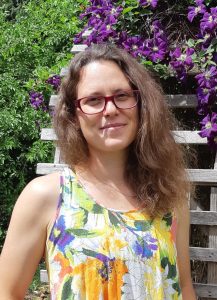 Growing up in the small towns of Blagnac and Orthez, France, Christia had long been drawn to teaching and working with children. It began in high-school, when she was asked by her head gymnastics coach if she would assist in teaching the younger years.
Growing up in the small towns of Blagnac and Orthez, France, Christia had long been drawn to teaching and working with children. It began in high-school, when she was asked by her head gymnastics coach if she would assist in teaching the younger years.
“I love when kids discover something new,” says Christia. “You can see the questioning in their eyes as they unravel new knowledge or figure out how to do something, and you can really see that spark in their eyes when they get it.”
She completed her Bachelor degree in Literature at Paris Nanterre University, France, and continued teaching gymnastics while living there, and again in Chile where she lived for several years.
Shortly after moving to the Okanagan, she began coaching gymnastics, circus and art.
“I added ‘circus’ to the programming, so the kids learn skills in juggling, silks, trapeze and slacklining,” says Christia with a smile. “They absolutely love it. I especially love watching the pre-teens and teens reconnect with the child in themselves and start playing around, and having genuine fun.”
Christia also added arts and crafts opportunities into her circus classes, for example, having the children make their own juggling balls, hula hoops or other props. In her art class, her students had the opportunity to experiment with different techniques, materials and paints.
“I like to work with collage and mix together different textures. We have also done printmaking and embossing.”
In addition to her past coaching and teaching experience, Christia has played an active role in her children’s school Parent Advisory Committee and their sports clubs. She also volunteers and sometimes works with the Centre culturel francophone de l’Okanagan — you may have seen her tent for circus set up at the local Maple Fest!
“I enjoy supporting local events and being involved in my community. Aside from the cultural centre, I also occasionally volunteer for other organizations such as Radical Action with Migrants in Agriculture (RAMA) and the Okanagan Humane Society.”
In her future classroom, Christia is looking forward to experimentation, exploration and inquiry-based learning.
“Children need different types of explanations, and so I’m really excited to start working in the classroom and presenting things in completely different ways to adapt to their style of learning.”
For those interested in pursuing their Bachelor of Education in the future, Christia recommends gaining experience with a broad age group.
“Work with children for a full summer in a camp or with a sports club, because it’ll give you a good idea of what the reality of working with children or youth really is. With gymnastics, I’ve been able to teach toddlers to those in their late 50s, and I really have loved interacting with every age — they all have different challenges and a different way of learning.”
Congratulations Christia!
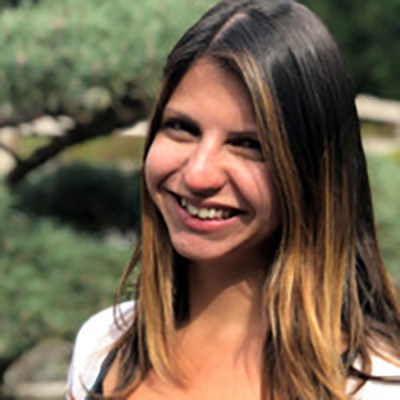
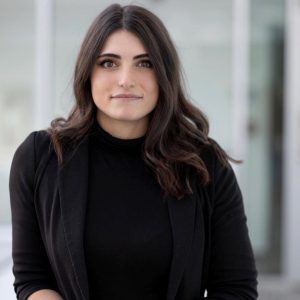 Congratulations to Addie Mercuri for receiving the Outstanding Master-Level Award!
Congratulations to Addie Mercuri for receiving the Outstanding Master-Level Award!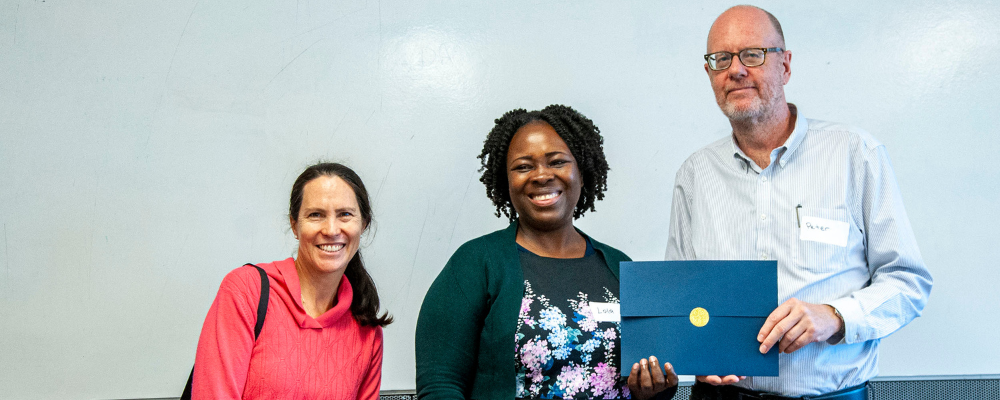
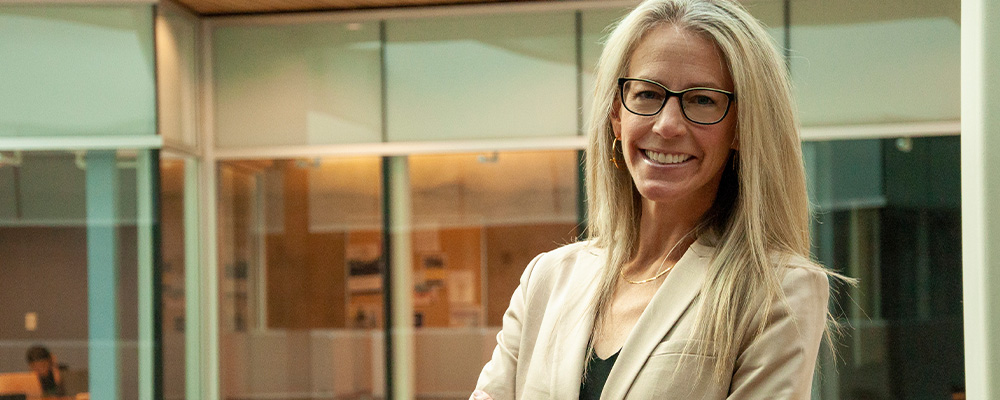
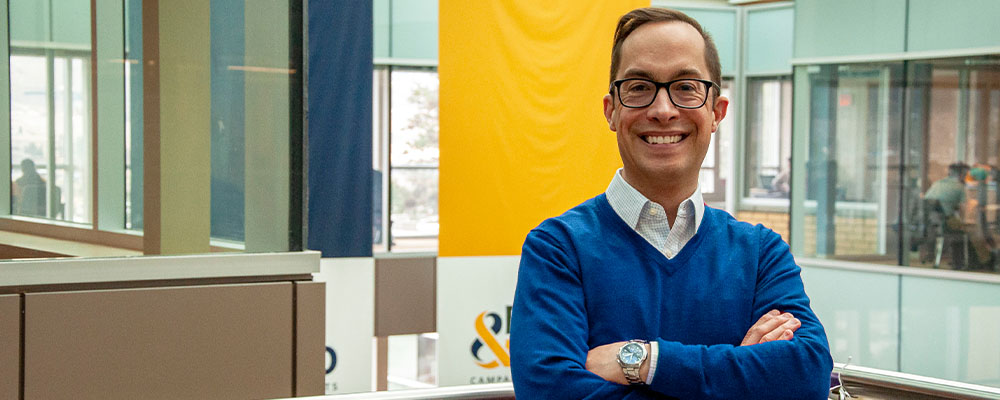
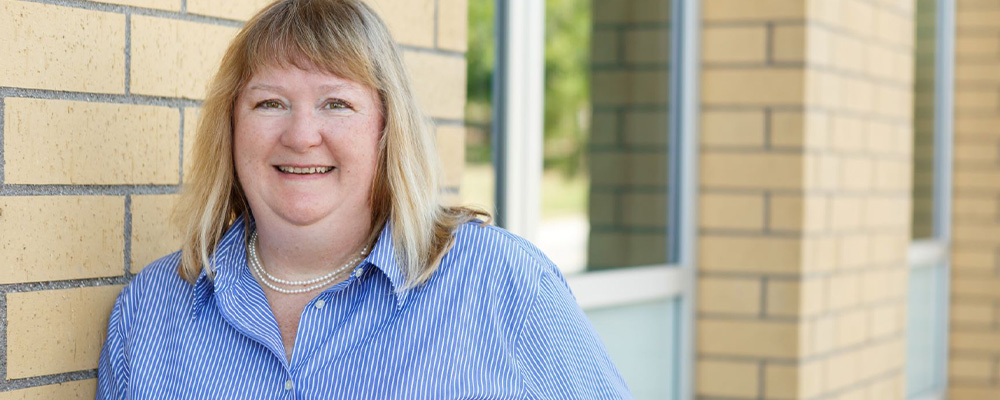
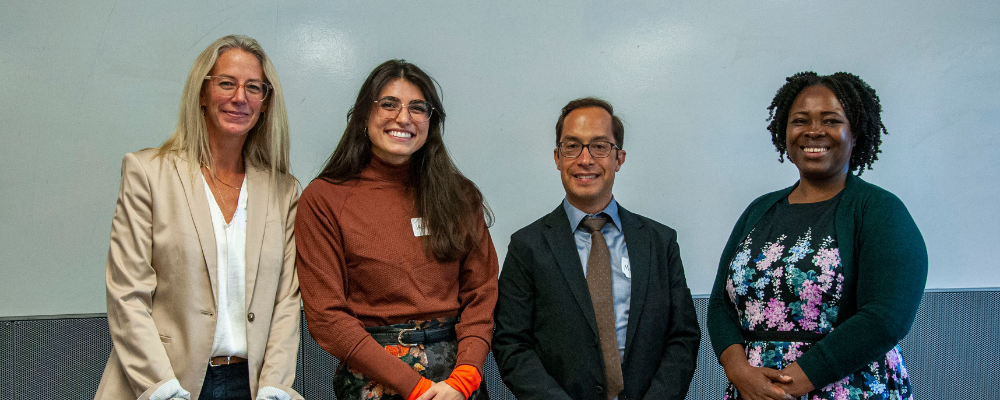
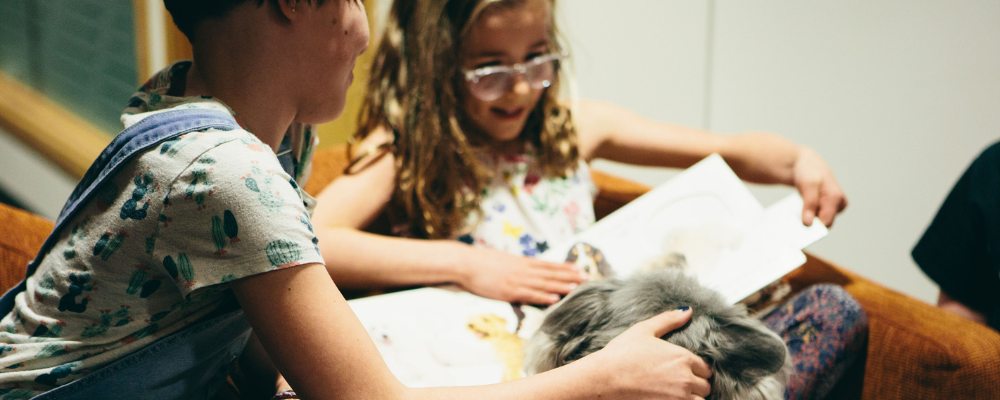
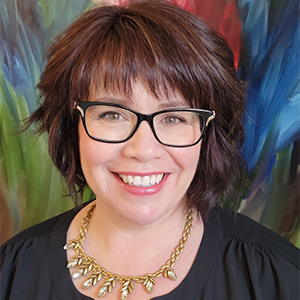 Jennifer Laminger, Field Experience Coordinator
Jennifer Laminger, Field Experience Coordinator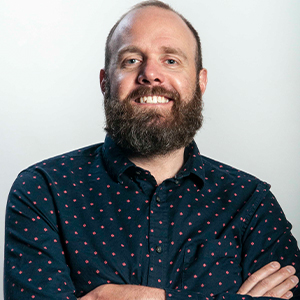 Carl Ruest, Field Experience Coordinator, French
Carl Ruest, Field Experience Coordinator, French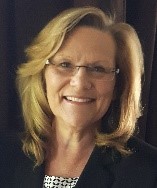 Lynne Gibson, Field Advisor
Lynne Gibson, Field Advisor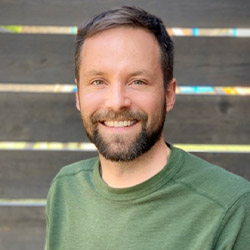 Kyle Hamilton, Field Advisor
Kyle Hamilton, Field Advisor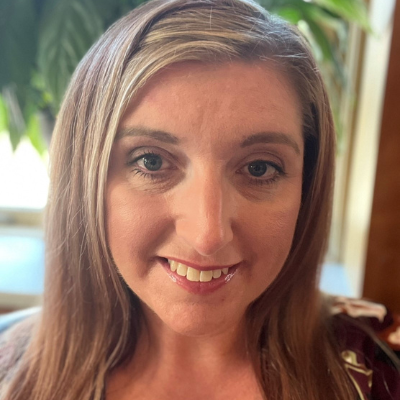 Amber Hartwell, Field Advisor
Amber Hartwell, Field Advisor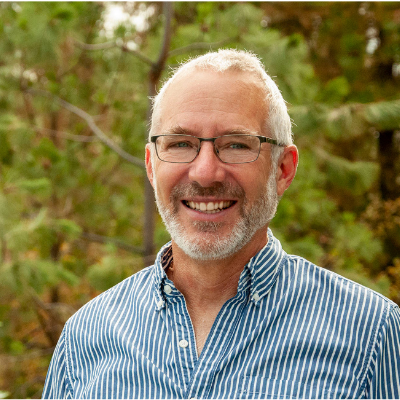 Murray Sasges, Field Advisor
Murray Sasges, Field Advisor